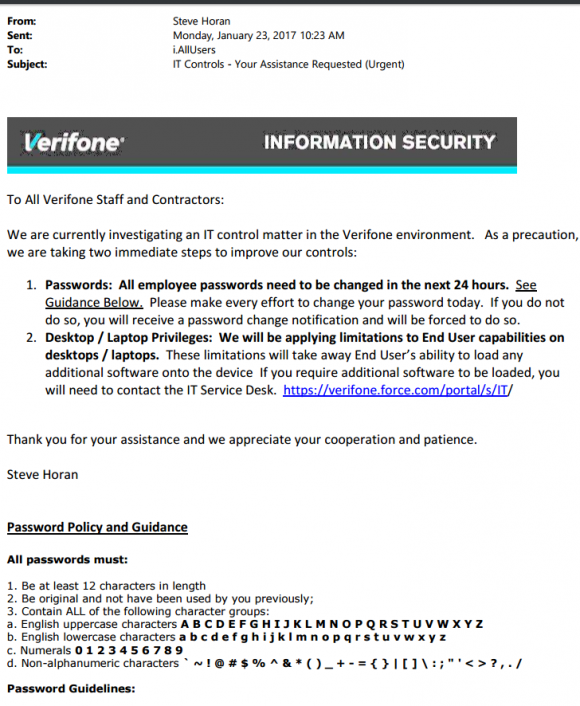Fraudsters Exploited Lax Security at Equifax’s TALX Payroll Division

Credit to Author: BrianKrebs| Date: Thu, 18 May 2017 20:23:13 +0000
Identity thieves who specialize in tax refund fraud had big help this past tax year from Equifax, one of the nation’s largest consumer data brokers and credit bureaus. The trouble stems from TALX, an Equifax subsidiary that provides online payroll, HR and tax services. Equifax says crooks were able to reset the 4-digit PIN given to customer employees as a password and then steal W-2 tax data after successfully answering personal questions about those employees. In a boilerplate text sent to several affected customers, Equifax said the unauthorized access to customers’ employee tax records happened between April 17, 2016 and March 29, 2017. Beyond that, the extent of the fraud perpetrated with the help of hacked TALX accounts is unclear, and Equifax refused requests to say how many consumers or payroll service customers may have been impacted by the authentication weaknesses.
Read More
